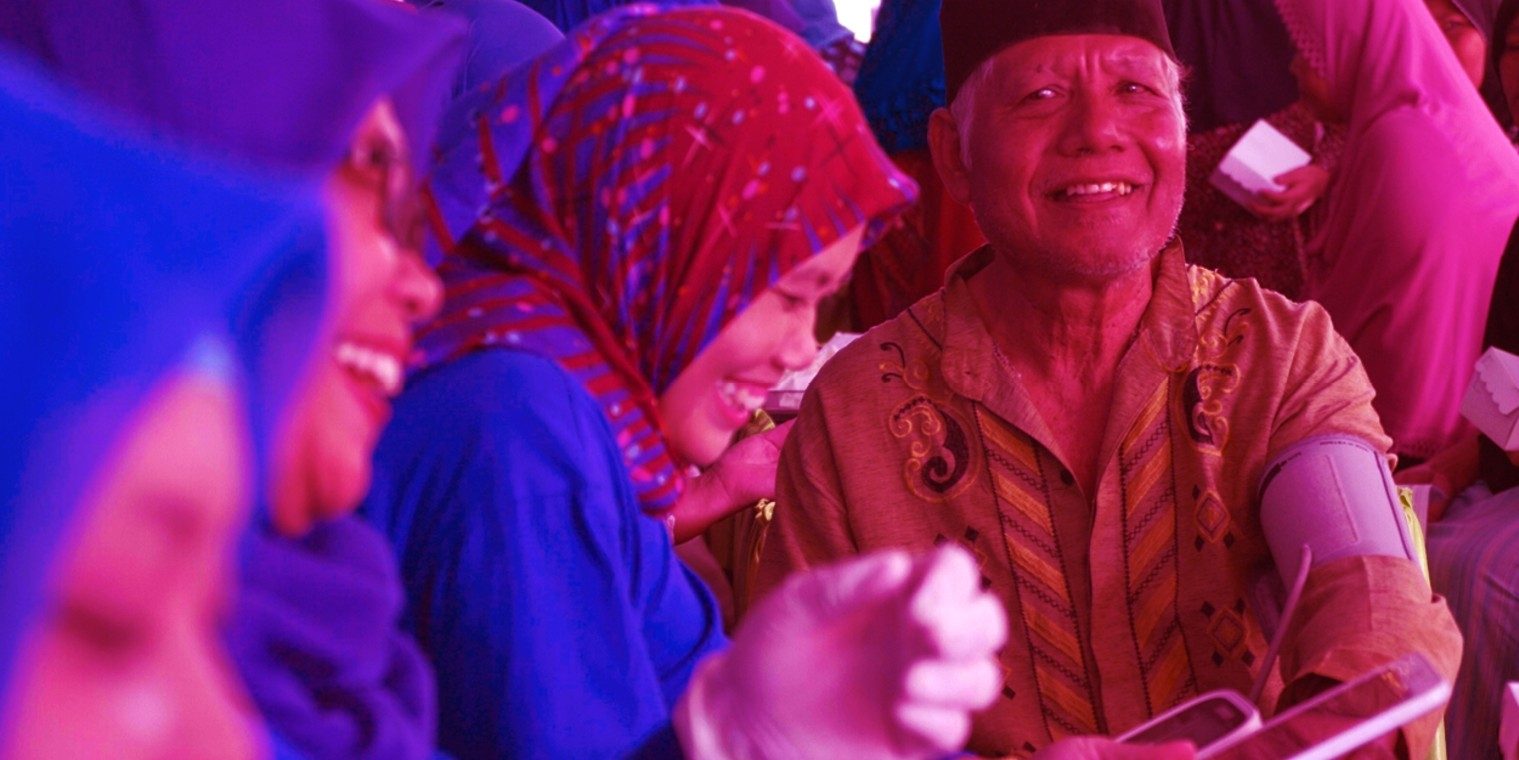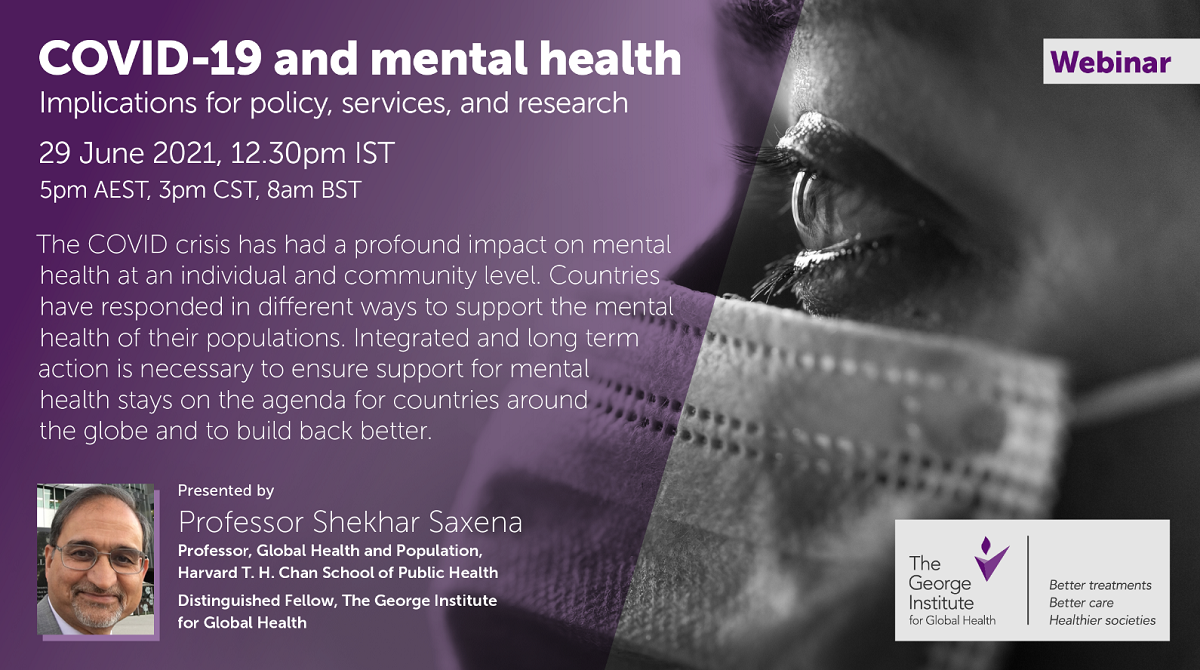The George Institute’s SMARThealth Extend: Indonesia program has been selected among the top 14 finalists for the AVPN Constellations Awards 2021 and we need your help to take home the top prize!
The project is in the running for the People’s Choice Awards, with voting open from now until June 22.
CLICK HERE TO VOTE FOR OUR PROGRAM – PCO7!
The Constellations Awards celebrate the remarkable ways in which social investors across Asia collaborate to address the complex challenges of our times, including health, environmental and social equity issues.
About SMARThealth Extend: Indonesia
In 2016-2017, about 25% of the population aged 40 years and above screened from eight villages in Malang district, Indonesia were detected to be at high cardiovascular disease risk, with only 11% of them on any blood pressure (BP) lowering treatment.
The SMARThealth Extend program, known in the competition as ‘Transforming Primary Care for Cardiovascular Risk Management in Indonesia (PC07)’, is a technology-enabled primary care ecosystem to improve the appropriate identification and management of cardiovascular disease.
Implemented by The George Institute in collaboration with the Malang District Health Authority, the University of Brawijaya, and Badan Penyelenggara Jaminan Sosial (BPJS, or Social Insurance Administration Organisation) in four villages as a pilot study, it was found to increase BP medication usage from 11% to 57% within the community.
In recognition of this impact, the program was presented with the 2019 Best Health Service Innovation Award by the Indonesian Ministry of Health and is currently being effectively and sustainably scaled-up by the same consortium for implementation in 100 villages across Malang district by 2022.
About AVPN
AVPN is a unique funders’ network based in Singapore committed to building a vibrant and high-impact social investment community across Asia. They are an advocate, capacity builder and platform that cuts across private, public and social sectors, embracing all types of engagement to improve the effectiveness of its members across the Asia-Pacific region.
Please encourage your colleagues, partners and friends to vote for the SMARThealth Extend program and help it get the global recognition it deserves.














